Name:
You are Clio, an ancient Greek goddess of history. You father is Zeus. Zeus wants you to inspire Herodotus to become the world’s first historian. Zeus needs you to take on 12 tasks. The tasks are split into four missions. If you complete these tasks, your skills will inspire Herodotus to become a great historian.
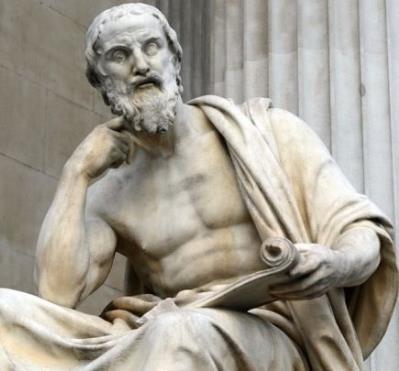
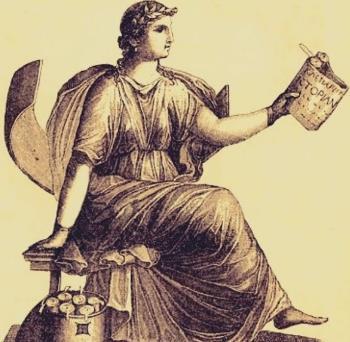
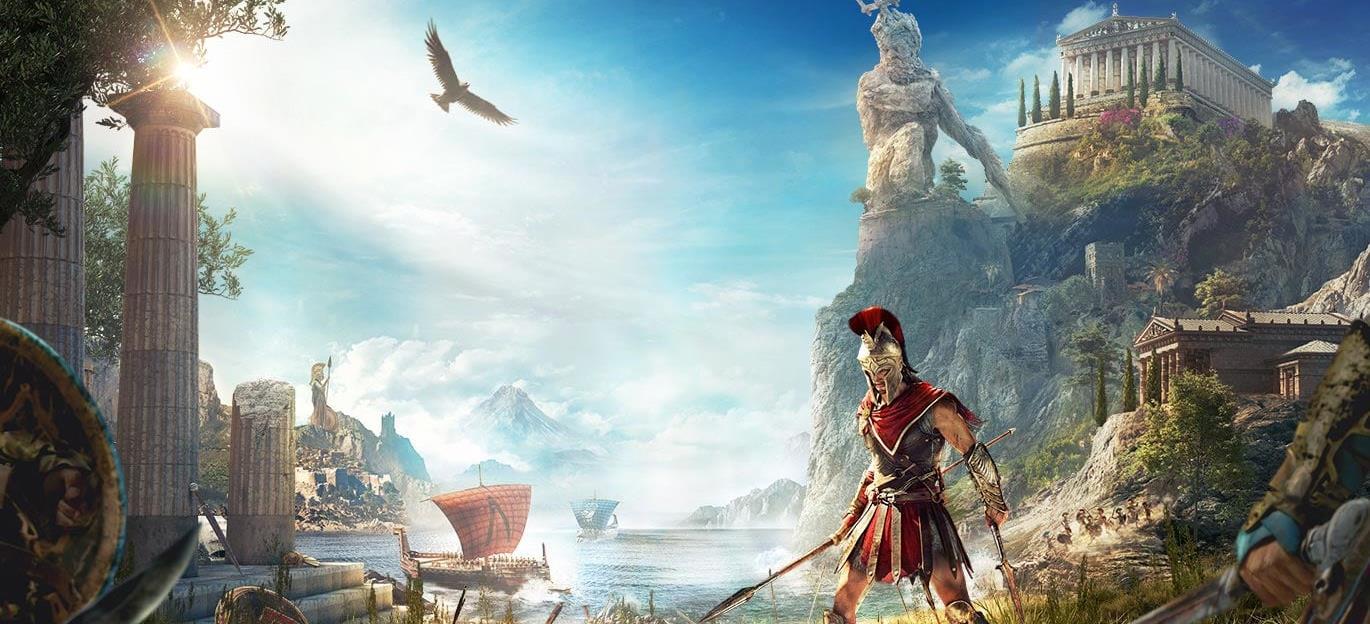
Zeus has four kinds of missions for you:
A. Get the key for the epic museum in Sparta
• by writing about how reliable sources are
B. Telling stories to the Gods on Mt Olympus
• by writing about how sources can be used as evidence
C. Creating a great library in Athens
• by making bibliographies
D. Visiting the Oracle at Delphi
• by finding sources
Each mission has three levels of difficulty:
1. Modest task
2. Serious task
3. Gruelling task
Instructions
A. You can choose what tasks you want to do, but you MUST do all four modest tasks first.
B. Complete activities in pencil.
C. When you finish one, show your teacher.
D. If it is correct, you get XP. More XP = better grade. Tick the box on the back page.
E. If it is incorrect, your teacher will explain how to do it correctly. Redo it.
F. Sometimes you get a choice about what topic to do the task on. Pick from the list on the back page. You can only do the same topic 3 times maximum.
When you see this symbol and bold text, it means this is what you have to do for this task.
Gruelling task Gruelling task Gruelling task Gruelling task
Serious task Serious task Serious task Serious task
Modest task Modest task Modest task Modest task
Key to museum in Sparta
Telling stories to Gods on Mt Olympus
Creating great library in Athens
Visiting the Oracle at Delphi
You can use each topic a maximum of three times. Tick it off each time you use it:
Greek warfare
Gods and Goddesses
Daily life
Alexander the Great Athens & Sparta
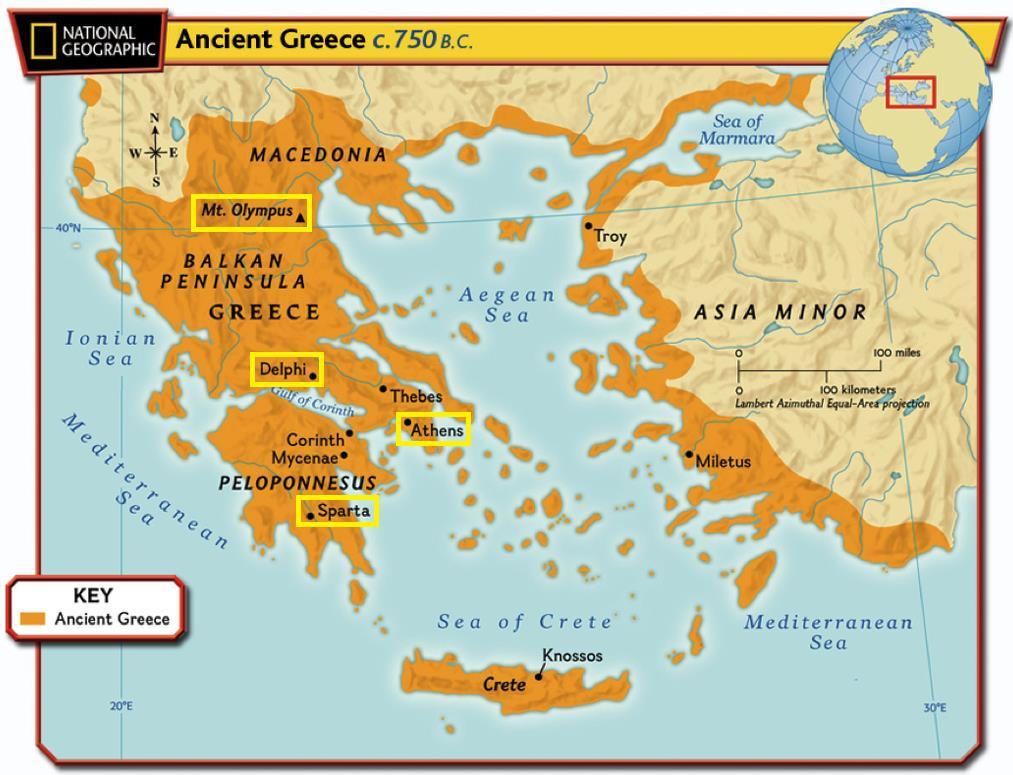
Every great historian needs access to museums. Your mission is to go to Sparta and convince the museum curator, Adonis Chronis, to give you a key to his museum so Herodotus can look at the museum. As a historian and museum curator, Adonis is impressed by those that can write about how reliable sources are. Complete these three tasks and get the key!
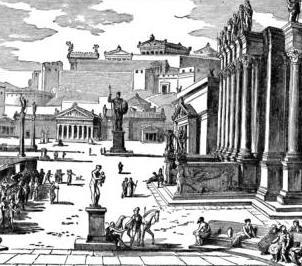
Pick a topic. Find a website. Complete this table about the website:
My chosen topic: __________________________
Author
Year Title
When you accessed the website
URL (website address)
Is it a good website? Why / why not?
Pick another topic. Find another website. Complete this table about the website:
My chosen topic:
AUTHOR
Who is the author? (If you can’t find one, this isn’t a good sign)
Is the author an expert?
How do you know?
RELIABLE: Believable?
Is the author an organisation or linked to one? If so, which one?
If so, is this organisation reliable?
DATE
Is the site recent or not?
Do you think this important for this topic? Why/why not?
BIAS (unfair favouritism)
Might the creator of the source have a reason to be biased?
What is their possible bias?
Do you think the author is biased?
PURPOSE
Why was this website was created?
Does it fit in with or go against what you already know about the topic? Like what?
VA LI D : Tr ue ?
How certain can you be that the information is true? Why?
Now you must compare the two websites that you looked at in the modest and serious tasks above.
Which website is more reliable (more believable) and why?
Which website is more valid (has true information on it) and why?
Which is a better website overall?
Why is it a better website? (Don’t just repeat what you said above)
How could the other website be made more reliable?
Congratulations! As you show him your impressive work on the three tasks he set you, Adonis hands over the key to the epic museum in Sparta.
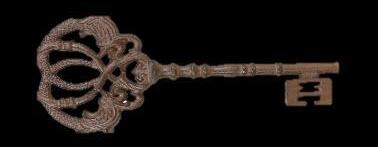
Mt Olympus is where the Gods live. The Gods must be kept happy. Your father Zeus tells you the Gods are bored. Perhaps if you told them some stories they might favour you in your adventures

Pick a topic. Take 10 dot point notes on this topic from any source (e.g. name of the website or textbook)
My chosen topic: __________________________ Source for notes: _________________________________
Using the notes that you wrote for the modest task above and write an essay plan. You are JUST making the plan, NOT writing the essay!
History essays should have an introduction, paragraphs and a conclusion.
This is what to put in your essay plan:
• Introduction
1. Show you understand what the question is asking
2. Say your overall response to the question
3. Introduce main points
• Paragraphs
o Topic sentence – one sentence with the main point of the paragraph
• Conclusion
1. Summarise your main points
2. Restate your response to the question
Look at your dot points. Figure out the three most important points from these notes.
Essay topic: Explain how important your topic ____________________ is for ancient Greek history.
Write your essay plan:
Introduction:
Paragraph #1 topic sentence:
Paragraph #2 topic sentence:
Paragraph #3 topic sentence
Conclusion
Now let’s see if you can question the quality of evidence used in a research source.
Answer these questions based on this website: www.historyforkids.net/ancient-greece.html
1. In the science section of the site, in the first paragraph, what special words would you need to know the meaning of to understand this site. How would you find their meaning?
2. Look at the topics on the page. What topic do you already know the most about? How do you know about this topic already? Would that help you to get more out of that section of the site? Why / why not?
3. Who made the site? Does this make you ask questions about how good the website is? What might make the website more reliable? Knowing this, what kinds of people make the best authors for history websites?
Congratulations! The Gods are thoroughly entertained by your tales and the information you tell them. Fortuna, Greek Goddess of Luck, give you this rabbit’s foot for luck on your adventures.

Historians adore libraries. Reading is the best way to study the past. Herodotus will need a great library if he is going to become the first historian. Your friend Phidias, a famous architect, will build it for you. Now you must fill it with sources of information
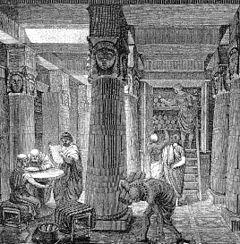
Pick a topic and find three websites about that topic:
My chosen topic: __________________________
Website 1 full URL:
Website 2 full URL:
Website 3 full URL:
Pick a different topic and find three websites about that topic.
My chosen topic: __________________________
Website 1:
Author of the website (might be a person or it might be an organisation like “BBC”):
Date (just list the last year it was updated):
Title of the webpage (should be in a big heading at the top of the page):
Website 2:
Author of the website:
Date:
Title of the webpage:
Website 3:
Author of the website: ___________________________________________________________________
Date: __________________________
Title of the webpage: ____________________________________________________________________
Harvard-style bibliographies are like this:
For a book: Author surname, Author first initial Year Title Location published: Publisher.
Example: Darlington, R 2012 History Alive 7 Milton, QLD: John Wiley and Sons
For a website: Author surname (or name of institution), Author first initial, Year, Title of website, “accessed [date]”, URL
Example: Aitken College, 2016. Aitken College, accessed 15 April 2019, www.aitkencollege.edu.au
• For websites, check the top and the bottom of the home page of the website for this information
• Don’t use websites that don’t list their date
• Sometimes the author is an institution, not a person (like Aitken College in the example above)
• If you can’t find the author, find a more reliable source
You might need to search the book title and author online to get all the information on it. For websites, you might need to search within the site to find all the information you need.
Pick a different topic again. Find two websites and one book about that topic, create a bibliography reference for each.
My chosen topic: __________________________
Website 1
Harvard-style reference:
Website 2
Harvard-style reference:
Book
Harvard-style reference:
Congratulations! You have gathered enough information for Phidias to put into a giant library. He builds it and it is a wonder to behold.
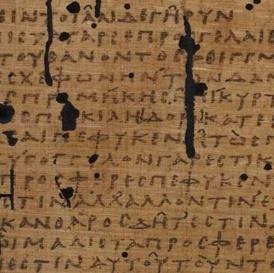
The Oracle at Delphi was a mysterious woman named Pythia, who was the high priestess of the Temple of Apollo at Delphi. People would come from all around ancient Greece to ask her questions. You want to ask if Herodotus really will become the father of history. She first asks you to find some information out about some topics before she will give you an answer.
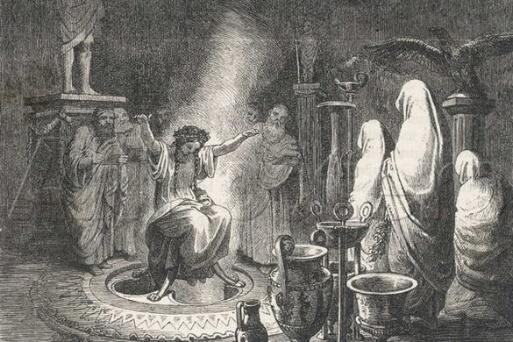
Pick a topic. Find two information page websites on that topic.
The ‘author’ for a website might not be a person, it might be an institution like a university, government department, newspaper or an encyclopaedia publisher.
If you can’t find the date, search around the site – look at the ‘about us’ page etc.
My chosen topic: __________________________
Website #1 URL: ______________
Author:
Year:
Webpage title:
Why is it a good website for a high school history project?
Website #2 URL: _________________________________________________
Author:
Year:
Webpage title:
Why is it a good website for a high school history project?
Reliable websites should…
• Be written by a respected or expert author
• Be unbiased
• Come from a respected organization
• Be checked by other experts
• Have their own bibliography
• Be recent
• Be helpful to use as an amateur historian
• Be easy to access
Pick a different topic. Now find two reliable websites on that topic.
My chosen topic: __________________________
Website #1 URL: _________________________________
Author:
Year:
Webpage title:
Why is it reliable? Give evidence from something on the website showing why it is reliable. Give two reasons.
Website #2 URL:
Author:__________________________________________________________________
Year:____________________________
Webpage title:
Why is it reliable? Give evidence from something on the website showing why it is reliable. Give two reasons.
You’re able to find reliable sources, which is great. The next challenge is being able to find the best sources on the internet for the topic you’re looking at. The best research sources online for history topics will come from these types of websites:
• museums
• government websites
• newspapers (especially about recent history and new findings)
• university websites
• academic websites and journal articles
• Wikipedia – check the references section at the end of any entry for good sources
Ask yourself: would a historian use this website for research?
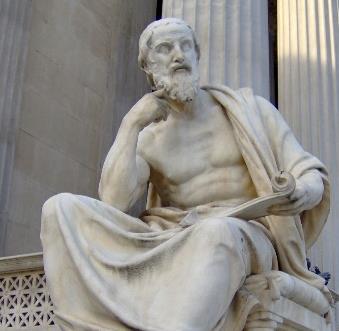
By authoritative, we mean “the best, or one of the best, sources of information on this topic on the whole internet”. An authoritative source will be from a respected source and written by an expert.
Example: Topic: Spartan soldiers
Authoritative source: http://www.ancient.eu/sparta/
• Author: Mark Cartwright – there is a link to information about him, he is a professional historian
• A bibliography of seven important history books
• Links to primary sources
• Written recently (2013)
Pick a topic. Find an authoritative website. Give at least 4 reasons why it is authoritative.
My chosen topic: __________________________
Website:
Reasons why it is authoritative:
